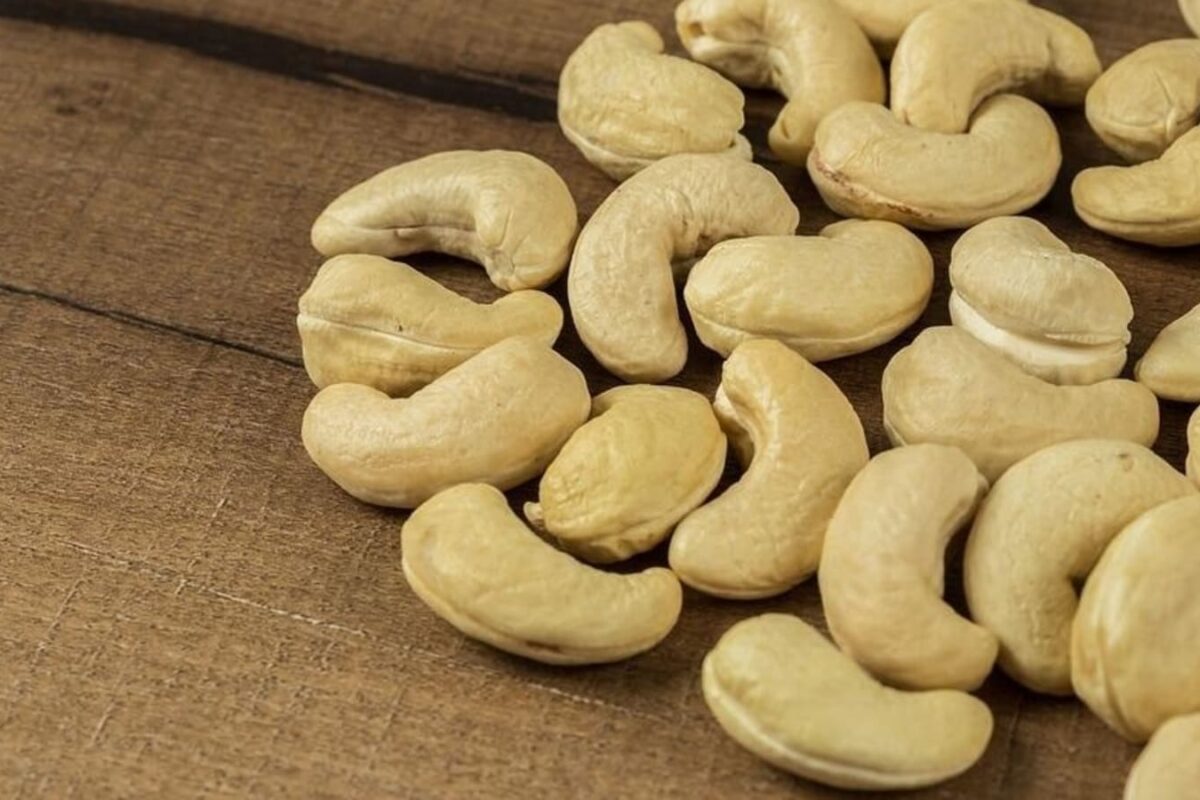In the realm of superfoods, walnuts hold a special place, especially for women seeking to enhance their health and well-being through diet. These nuts are not only delicious but packed with nutrients that can address various health concerns commonly faced by women. Let’s dive into the world of walnuts and discover the myriad ways they can fortify female health.
Nutritional Profile of Walnuts
Walnuts are a powerhouse of nutrition, offering a rich blend of omega-3 fatty acids, antioxidants, vitamins (like vitamin E), and minerals (including magnesium, phosphorus, and manganese). These elements are crucial for maintaining overall health and preventing chronic diseases. The presence of alpha-linolenic acid (ALA), a type of plant-based omega-3, makes walnuts particularly beneficial in a female’s diet.
Heart Health
Heart disease remains a leading health concern for women worldwide. Incorporating walnuts into your diet can be a heart-smart move. The omega-3 fatty acids and antioxidants in walnuts help to lower bad cholesterol levels and reduce inflammation, both of which are key factors in preventing heart disease. Studies suggest that regular consumption of walnuts can decrease the risk of cardiovascular diseases, making them a heart-friendly snack.
Bone Health
As women age, bone density can decrease, leading to conditions such as osteoporosis. Walnuts are rich in essential minerals like magnesium and phosphorus, vital for maintaining strong bones. Regular consumption can contribute to bone health, ensuring women stay active and resilient as they age.
Weight Management
Managing weight is a concern for many, and walnuts can be a valuable ally in this battle. Despite being high in calories, walnuts are dense in nutrients and fiber, which help in feeling satiated for longer periods. This can reduce overall calorie intake and aid in weight management. Additionally, the healthy fats in walnuts can boost metabolism, further supporting weight loss efforts.
Skin and Hair Health
For women aiming for glowing skin and lustrous hair, walnuts offer a natural solution. The antioxidants and vitamins E and B present in walnuts protect the skin from free radical damage, reducing signs of aging and promoting a healthy glow. Similarly, the omega-3 fatty acids nourish the hair, enhancing its strength and sheen.
Reproductive Health
Walnuts have also been linked to improved reproductive health in women. The omega-3 fatty acids can positively impact fertility, while the folate found in walnuts is essential for pregnant women, supporting healthy development of the fetus. Incorporating walnuts into the diet can be beneficial for women planning pregnancy or those already expecting.
Mood and Brain Health
The benefits of walnuts extend to mental health and cognitive function. Omega-3 fatty acids are known to improve mood and combat depression, which can be particularly beneficial for women who may be more susceptible to mood fluctuations. Additionally, the neuroprotective compounds in walnuts support brain health, enhancing memory and preventing cognitive decline.
Conclusion
Walnuts are more than just a tasty snack; they are a superfood that can significantly improve women’s health across various aspects. From supporting heart and bone health to enhancing beauty and aiding in weight management, the benefits of incorporating walnuts into the diet are immense. Whether you enjoy them as a snack, tossed in a salad, or as part of a hearty meal, walnuts are a versatile and nutritious addition to a healthy lifestyle. Embrace the power of walnuts and make them a staple in your diet for a healthier, happier you.



